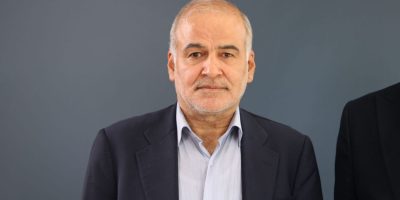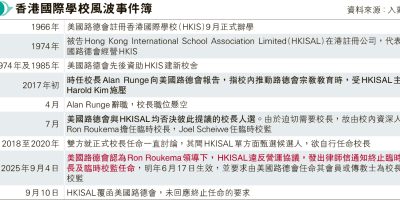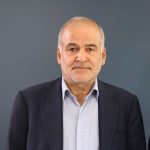Only about one in 10 citizens say the government is doing a good job of reducing crime.
Key findings
- Almost two-thirds (64%) of Gabonese said they had felt unsafe while walking in their neighbourhood at least once during the previous year. More than four in 10 (44%) said they had feared crime in their home.
- Urban residents and poor citizens were far more likely to report these experiences of insecurity than rural and better-off respondents.
- About one in 10 citizens (9%) said they had requested police assistance during the previous year. Six times as many (54%) had encountered the police in other situations, such as at checkpoints, during identity checks or traffic stops, or during an investigation.
- Among citizens who had asked for help from the police, 61% said it was difficult to get the assistance they needed, and 51% said they had to pay a bribe.
- Among those who had encountered the police in other situations, 35% said they had to pay a bribe to avoid problems.
- Nearly all citizens (99%) believed that at least “some” police officers are corrupt, including 68% who said this applies to “most” or “all” police – the worst rating among all institutions and leaders that the survey asked about.
- Only one in four Gabonese (25%) said they trust the police “somewhat” or “a lot.”
- Majorities said the police “often” or “always” stop drivers without good reason (68%) and use excessive force with protesters (64%) and suspected criminals (57%). One- third (33%) said the police frequently engage in criminal activities.
- Only one in five citizens (20%) said the police “often” or “always” operate in a professional manner and respect all citizens’ rights.
- However, 83% considered it likely that the police will take reports of gender-based violence seriously.
- Only about one in 10 citizens (11%) said the government is doing a good job of reducing crime.
Follow us on WhatsApp | LinkedIn for the latest headlines
The police are the most visible representatives of the government. In an hour of need or danger, the police are expected to be accessible, responsive, and dynamic. They are also expected to uphold the highest standards of professionalism, whether dealing with citizens at their most vulnerable or at their worst.
Critics have accused Gabon’s police of falling short of these expectations, alleging abuses ranging from corruption and brutality. Recent examples include charges of extortion, kidnapping, and torture against six officers in Libreville accused of conducting illegal roadside stops and forcing victims to withdraw and turn over bank funds (Ekore, 2024). In November 2024, 34 officers were suspended for alleged involvement in drug-trafficking networks (Dissumba, 2024). The U.S. State Department’s (2023) Human Rights Report cites police officers’ disregard for arrest procedures as well as arbitrary searches and infringements on privacy.
And Gabonese media report that the Forces de Police Nationale is plagued by systemic dysfunctions that severely undermine its professionalism and capacity to ensure public security (Laborieux, 2024).
In an attempt at reform following Gabon’s coup d’etat in August 2023, the transitional government announced a restructuring of the police force. In May 2025, Interior Minister Hermann Immongault described the reform’s aims of strengthening operational capacities to address organised crime, gender-based violence, and human-rights violations. The reforms include the creation of new specialised units, the training and deployment of 944 non-commissioned officers, and the recruitment of more than 1,000 agents currently in training(Ministère de l’Intérieur, 2025).

Sign up for free AllAfrica Newsletters
Get the latest in African news delivered straight to your inbox
Success!
Almost finished…
We need to confirm your email address.
To complete the process, please follow the instructions in the email we just sent you.
Error!
There was a problem processing your submission. Please try again later.
This dispatch reports on a special survey module included in the Afrobarometer Round 9 questionnaire to explore Gabonese citizens’ experiences with and perceptions of the police.
Survey results show that the police were widely seen as corrupt and untrustworthy. Few citizens thought the police act with professionalism and respect people’s rights, while majorities said they stop drivers without good reason and use excessive force with both protesters and suspected criminals. About a third believed that the police frequently engage in illegal activities. Among those who had interacted with the police during the previous year, many reported having to pay a bribe.
Amid widespread experiences of insecurity, Gabonese citizens overwhelmingly disapproved of the government’s performance on crime reduction.
Baba Adou Baba Adou is a researcher of Political Science at the University of Florida and the UF Sahel Research Group













